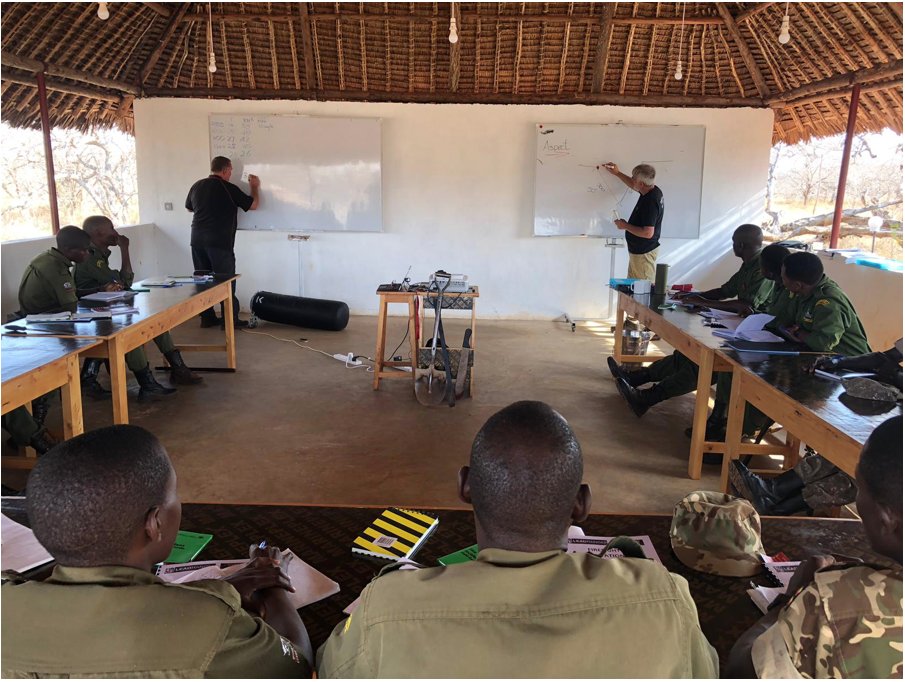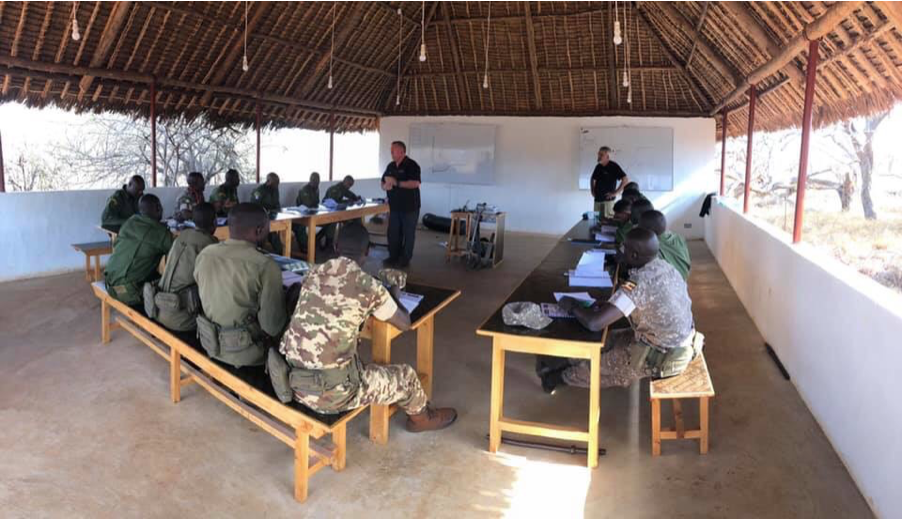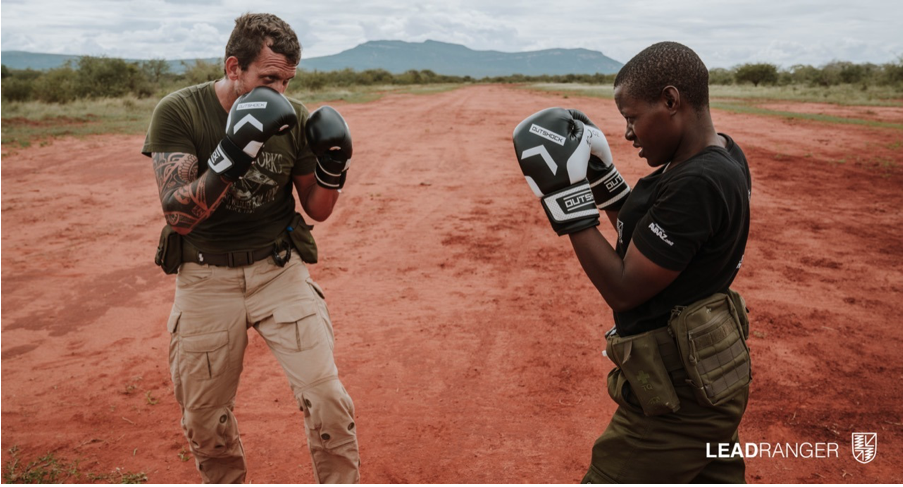This just in Downunder from our newest GS advisory board member Holly North (pictured with stunning green hair). Holly, who lives in the Northern Rivers region of New South Wales, is a career National Parks ranger-ecologist who has an exciting, often dangerous job of mapping raging bush fires from helicopters. In past years Holly has volunteered her ace mapping skills to Growing Solutions out at Santa Cruz Island. In her spare time Holly’s passion is working with wild-land rangers from around the world through Protected Area Workers Association (PAWA); helping to raise money for underfunded programs and exchanging critical techniques and technology with her fellow rangers. In some countries like Kenya, these skills can be the difference between life or death when dealing with armed poachers in the wild. This November Holly will be traveling to Nepal an international rangers’ conference to learn and conduct workshops in fire management. What follows is Holly’s PAWA newsletter reporting on a recent trip by her colleagues to train Kenyan ranger in anti-poaching techniques and fire management.
“ In July 2019 PAWA members Dave Hitchcock and Peter Brookhouse travelled to Kenya to run part of the LEAD (Lead Empower Act Defend) Ranger program. The training was sponsored by the Thin Green Line Foundation (TGLF) and International Anti Poaching Foundation (IAPF). The LEAD Ranger Program trains Rangers to train other Rangers. It’s about developing leadership skills so that 1 trained ranger can supervise a team of colleagues on the ground.
The TGLF website explains the concept: “A single Ranger trained in anti-poaching, intelligence gathering, tracking, first aid and community engagement techniques is more likely to safely apprehend poachers, survive wild animal encounters, prevent the killing of target species and return home to their families. If this is what one Ranger can achieve then imagine what 1000 Rangers trained in the very latest techniques could achieve.”
Fire management training is part of this. The latest techniques and technology will be used to build a network of conservation support to bring our ranger colleagues home safely, protect natural and cultural values and combat poaching.
The LEAD Ranger program covers emergency response, dealing with injuries in the field especially , critical bleed control and evacuation, response to fire incidents, defensive tactics, radio communications and other technology and equipment.
To donate to the LEAD Ranger Program check out this link.




